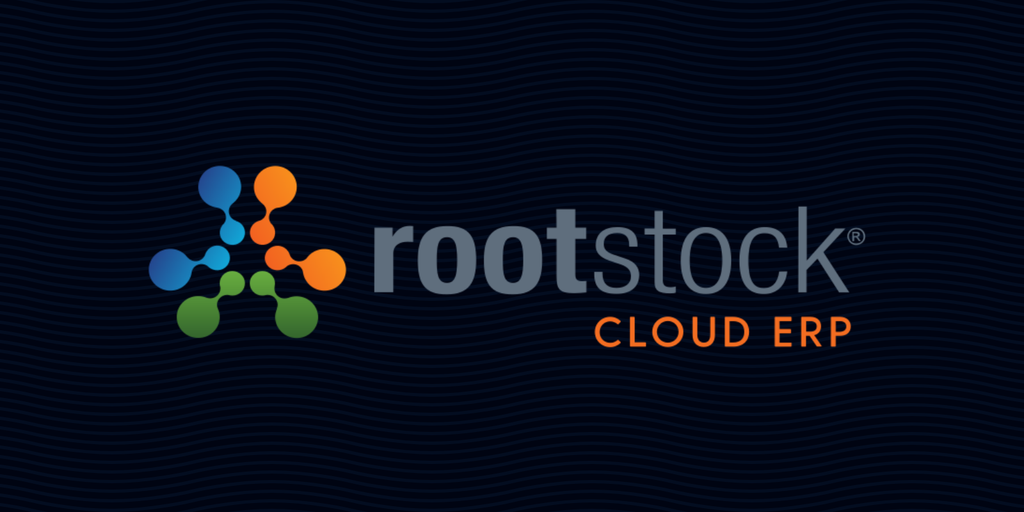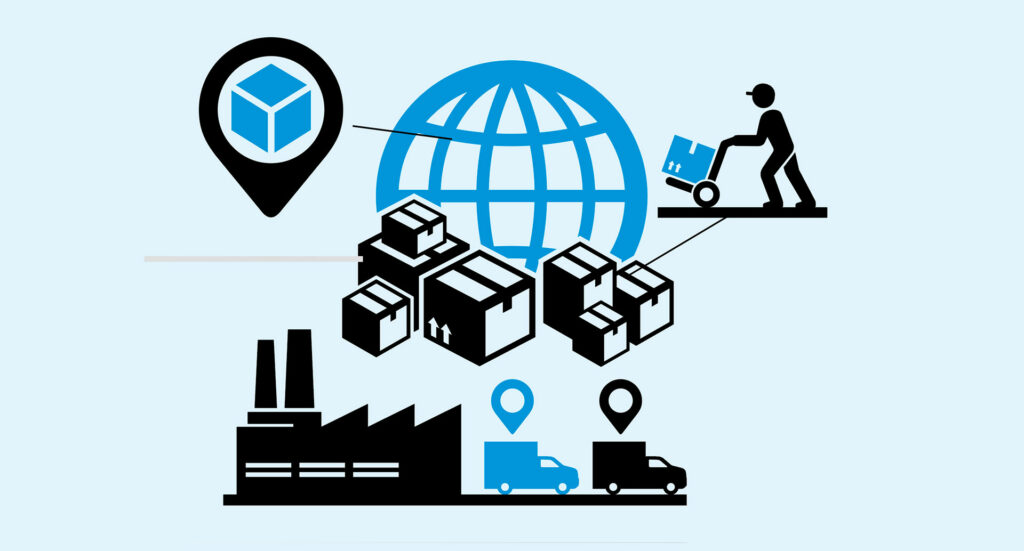In March 2020, an EF3 tornado that hit Tennessee injured over 309 people, with more than 70,000 losing electricity. The natural disaster impacted residential buildings, damaged several original equipment manufacturers’ (OEMs) facilities, and threatened supply chains across many sectors.
One such company affected by the tornado was Autokiniton, a New Boston, Michigan-headquartered supplier of Body-in-White and vehicle frames for automakers like Toyota, General Motors, Nissan, Ford, BMW, Volkswagen, Stellantis, and Honda. The company has two plants in Eastgate and Lebanon, Tennessee, for this purpose.
The company has expanded to manage all aspects of the customer’s manufacturing and distribution process through vertical integration with its Axis Engineering and Haggerty Logistics divisions. It manages all these operations through an ERP solution provided by QAD, a next-generation manufacturing and supply chain cloud solutions provider and moved from an on-premises operation to QAD Cloud in 2014.
So, when the tornado struck Autokiniton’s Eastgate facility that March, causing significant damages and destroying the plant’s IT Infrastructure, Autokiniton had to work quickly to ensure that the facility was up and running safely so that it could keep its commitments to its customers.
According to Michael Butler, Plant Manager of Autokiniton’s Axis Engineering division, who was the Eastgate facility’s plant manager in March 2020, the company immediately put its disaster recovery plan into action, saving an estimated 70 lives. At that time, the plant had about three days’ worth of supplies on-site and had to find a way to get those to their customers while resuming operations as soon as possible. The task seemed impossible as the site’s IT infrastructure was destroyed. “The facility also experienced a power outage and a total loss of connectivity,” Butler said.
Teamwork makes the dream work
Seven miles down the road from Eastgate is Autokiniton’s Lebanon facility, which had sustained significantly lower damage despite losing power and one carrier. With power restored at Eastgate through a backup generator, it developed a plan to use the Lebanon facility’s remaining carriers and connect to the Tech Center in New Boston through VPN.
Andrew Amstutz, Director of IT for Autokiniton, noted that by doing this, the company could ship and conduct all its normal QAD Cloud business processes for Eastgate once power was restored at the Lebanon facility. “They would print product labels for Eastgate, do shipping paperwork and send advanced shipping notices (ASNs). Teamwork allowed us to do that,” Amstutz said.
At the Eastgate plant, the team turned things around in record time when power was restored by interacting through its Cloud ERP. Amstutz observed that the company had five separate 4G connections through VPN to the cloud ERP system to keep its shipping and operations running. This allowed Autokiniton to use systems much more quickly than if they did not have a cloud ERP system.
Thus, the two facilities, working in tandem, ensured that with the help of QAD Cloud, the Eastgate plant became fully operational within 36 hours of being struck by the tornado.
Making a positive impact through cloud
It also drove home the importance of using a cloud ERP system, especially during a natural disaster. Restoring manufacturing operations alone would not have been enough for the Eastgate plant, which uses the QAD Cloud system to communicate internally and with customers.
“If there is a disaster, you still have your data sitting in the cloud, and it’s always there,” said Butler, adding, “That helps with your connectivity once you bring it back up. You have access to it no matter where you are. No matter when the disaster hits, you can still get to the cloud and your data. That is key.”
Amstutz noted that the system has allowed the company to be agile. “We can bring connectivity to that facility, load in items, bill material and routing and start shipping with Cloud ERP. Being agile and able to move at the speed of business is effective.”




